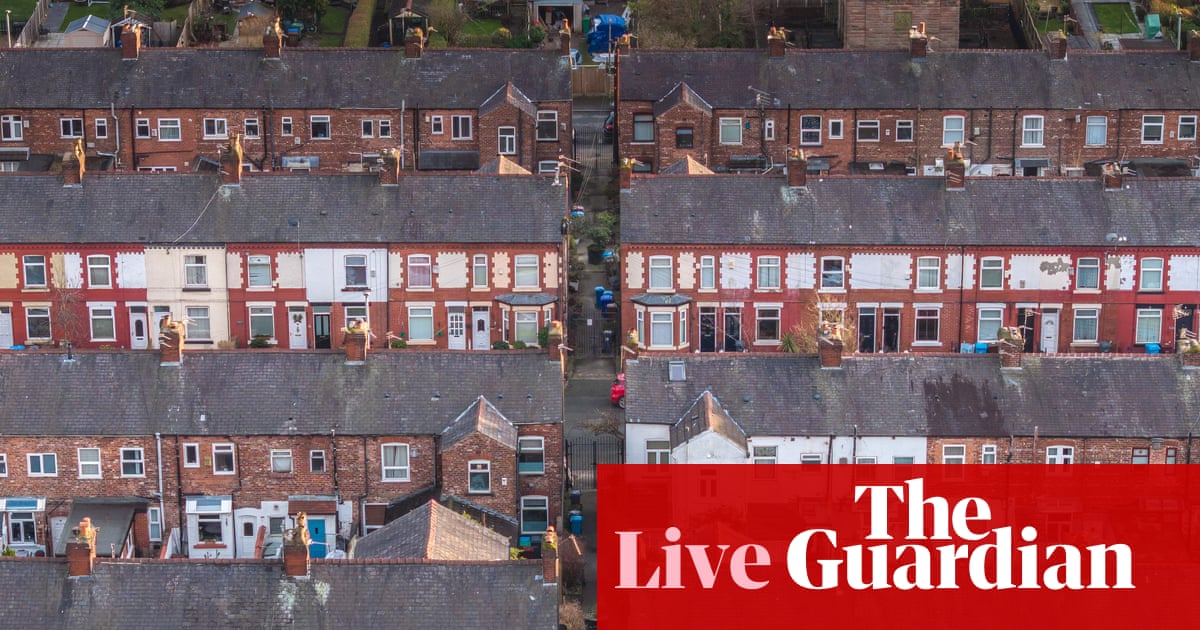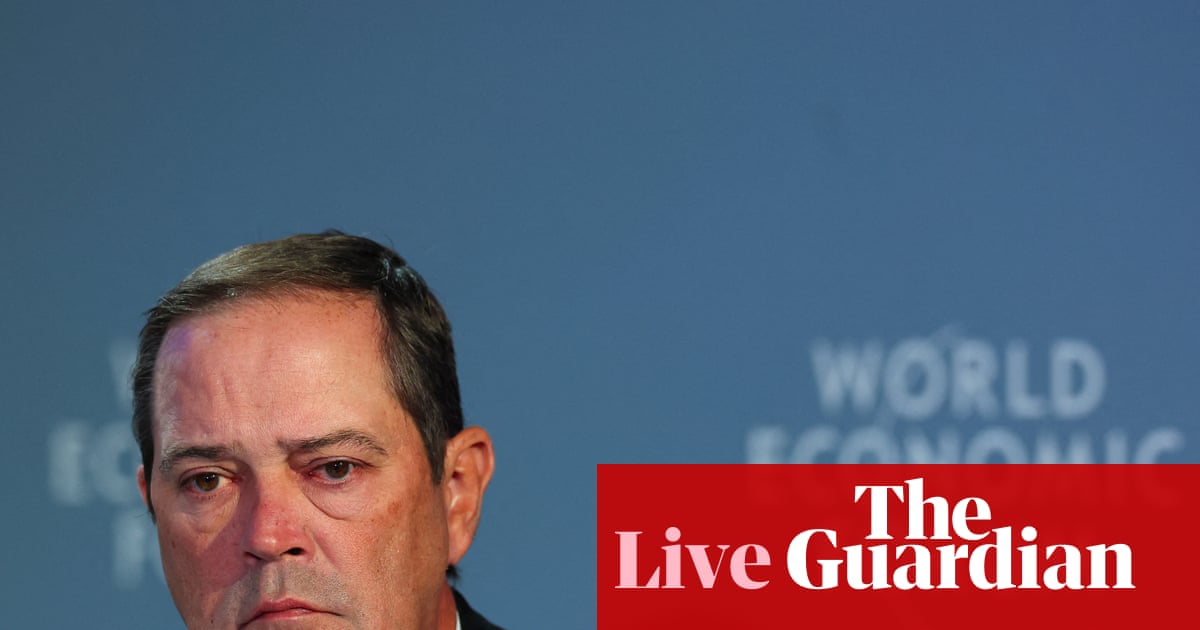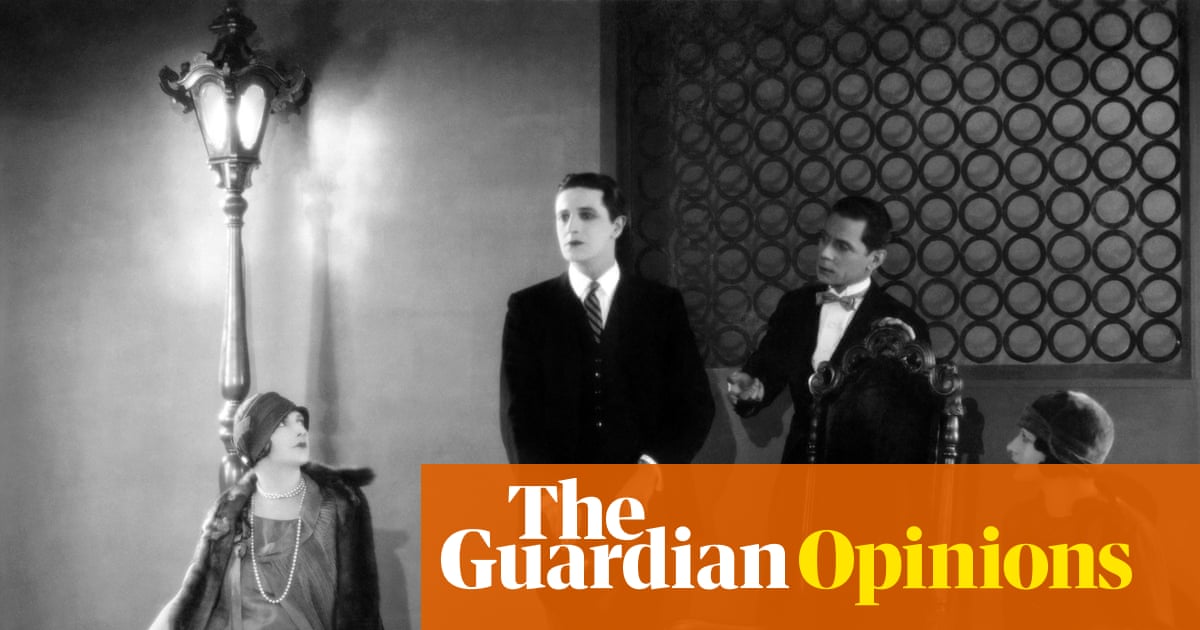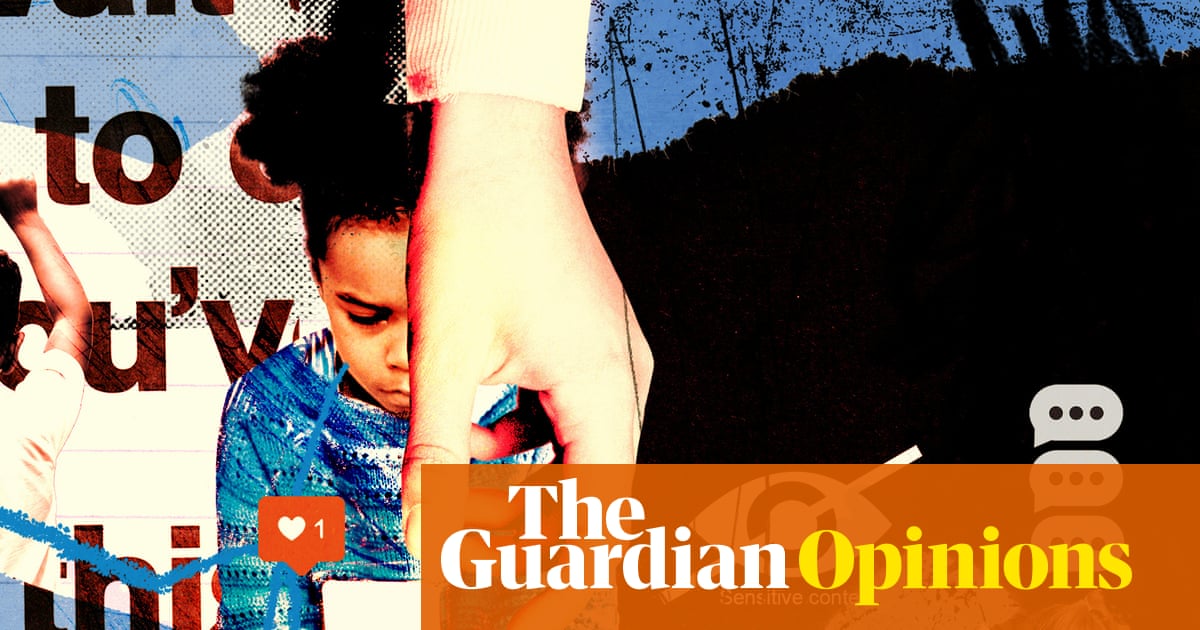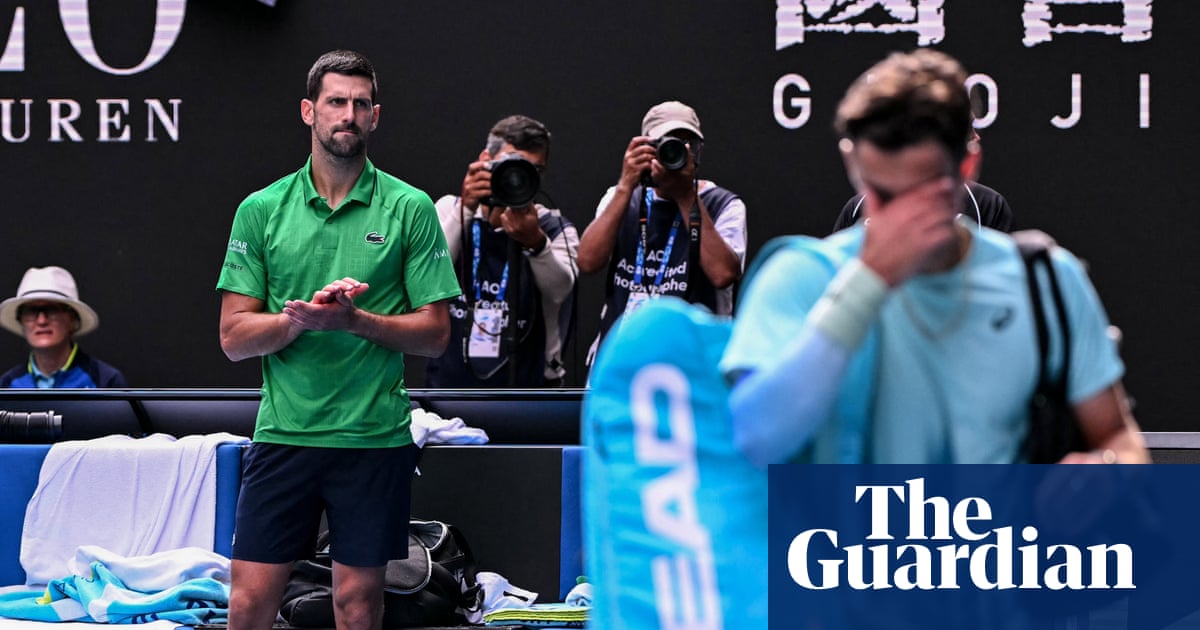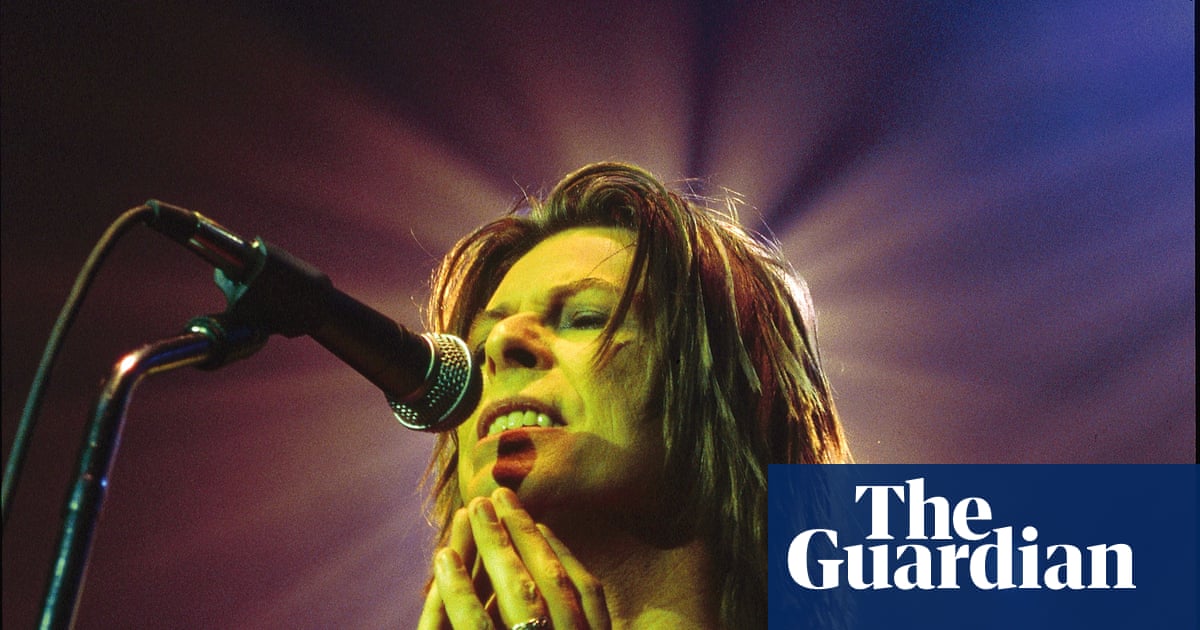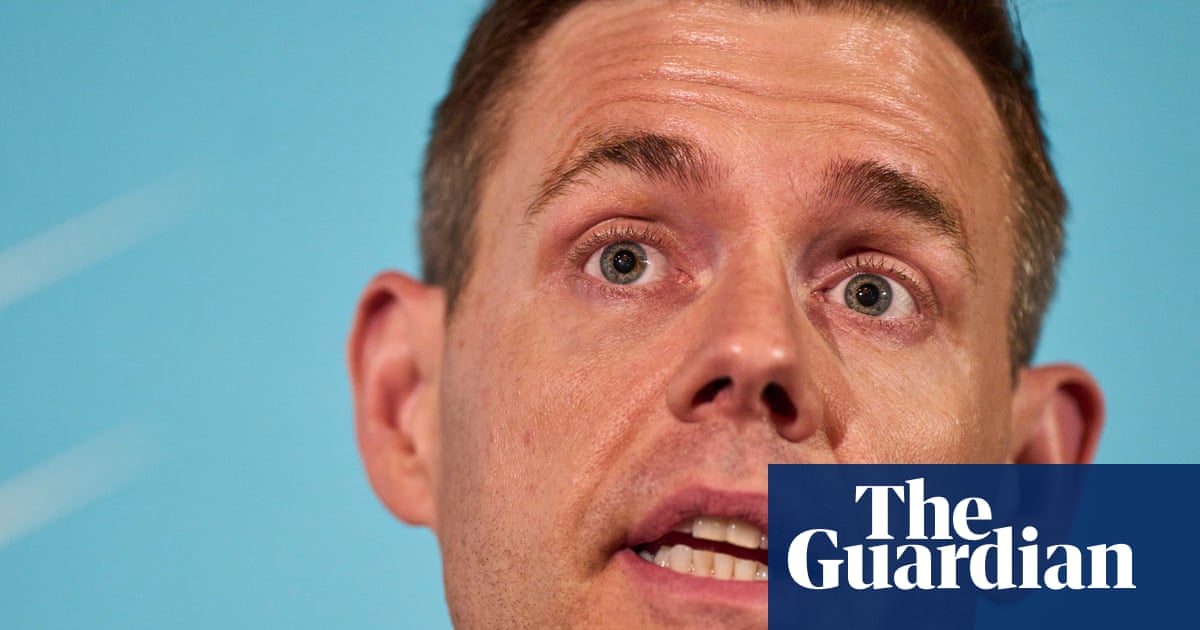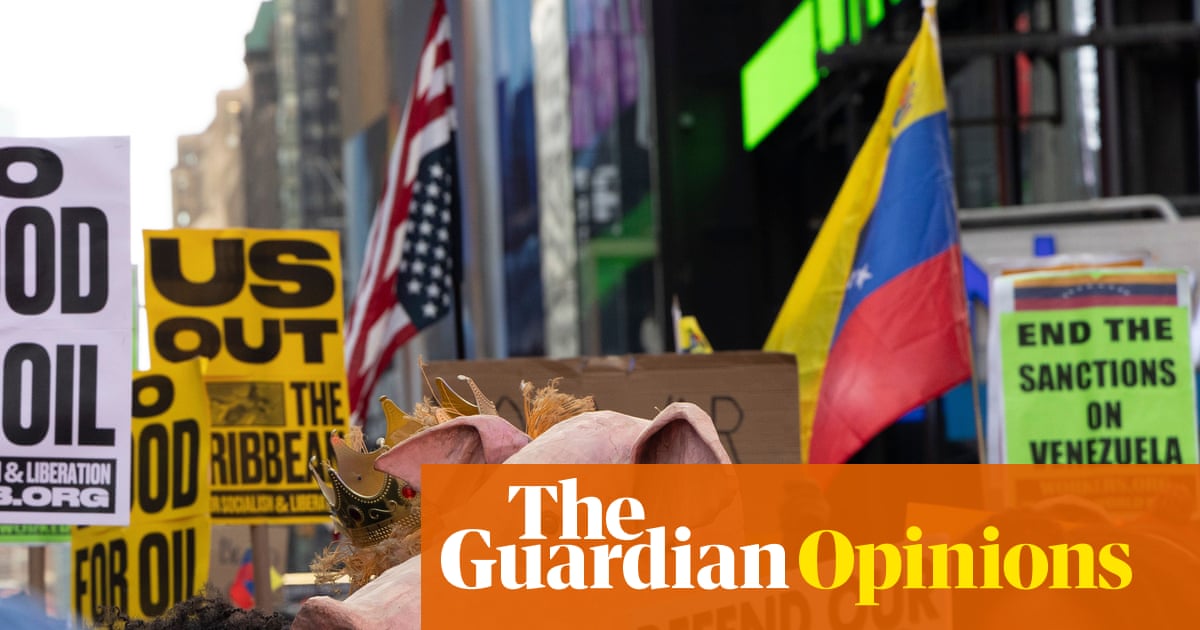The French prime minister, Sébastien Lecornu – who unexpectedly resigned last week before being reappointed four days later – finally cobbled together a new cabinet for Emmanuel Macron to appoint just hours before he left for the Gaza peace summit. Few expect Macron to return from Egypt with a solution to the deepening domestic political crisis he presides over, however. Fewer still have enough trust in a government so subservient to Macron that it can survive the forthcoming deliberations of the National Assembly.
Because this is no conventional parliamentary crisis, but a crise de régime. Inspired by Charles de Gaulle’s vision of executive pre-eminence vested in a quasi-monarchic presidential ascendancy, the governing system established by the Fifth Republic in 1958 no longer functions. Challenged by a hung parliament, a severe fiscal crisis and a volatile international environment, the French state is paralysed.
At the heart of the problem lie the nature of the presidential office and the current incumbent’s politics. Defeated in the June 2024 European elections, Macron dissolved parliament and called snap elections, recklessly risking the ignominy of the far right, then riding an unprecedented wave of support in the polls, gaining power.
Against all expectations, a hastily assembled leftwing coalition and a campaign of tactical voting thwarted Marine Le Pen’s National Rally. But no political group achieved enough seats in the fragmented electoral landscape that emerged from the election, to govern alone. Yet Macron defied democratic logic and parliamentary arithmetic. He rebuffed the centre-left’s claim that it had earned the right to attempt to form a government. Instead, he successively appointed conservative and centrist prime ministers to head up minority administrations, incapable of resolving a fiendishly complex political equation.
It is hard to imagine how Lecornu, a close ally of Macron, can succeed in passing a national budget where his two immediate predecessors, Michel Barnier and Francois Bayrou, failed, and new legislative elections seem inevitable. Calls for the president’s own resignation have grown louder and are no longer confined to the radical fringes. Two of his former prime ministers joined the chorus last week. An early presidential election is nonetheless unlikely. Macron is under no obligation to vacate the Elysée before his term ends in 2027, and has vowed to see it out.
Sooner or later, however, he will have to return to the electorate, which may well reinforce the far-right National Rally but still elect another hung parliament. The regime, whose stability is predicated on the principled respect of the popular will and on the existence of a clear majority, was never designed to facilitate – and even disincentivises – the emergence of governing coalitions common in the rest of Europe. The Fifth Republic may well have entered its terminal phase. Like the Macronist project, it started crumbling as soon as he was inaugurated.
Remarkable though it was, Macron’s 2017 victory is best understood as the collective failure of a political generation that had come of age in the late 1970s. Led by Nicolas Sarkozy on the right and François Hollande on the left, this cohort had none of the historical experience and little of the intellectual heft of De Gaulle or François Mitterand. In an age of financial globalisation and socioeconomic dislocation, they proved unable to articulate an adequate response to the concerns of voters. Hollande’s presidential term was especially challenging, defined by the eurozone debt crisis and an unprecedented wave of terror attacks.
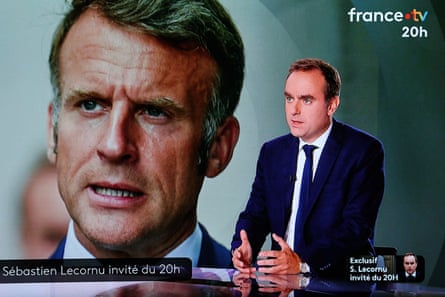
Hollande left the country in mourning and a republic in doubt about its values and mission. Politically debilitated, he did not stand for a second term, leaving the Socialists to field a weak candidate and the left divided. Sarkozy’s heirs meanwhile chose another corrupt politician to be their champion and watched his campaign subsequently collapse. In a political landscape further destabilised by populisms of all hues, Macron, then just 39, saw and smartly exploited an opening. He allowed great swathes of a disaffected public opinion to project their desires on to his relatively blank slate. As most voters chose to vote against the traditional mainstream parties on the right and left, his candidacy emerged as the untested receptacle for various political frustrations. In the runoff, Le Pen proved unequal to his talents, and Macron prevailed.
Soon a character that many hoped would be transformative proved to be just another young man with old-fashioned ideas. Within weeks, he embraced the trappings of the office and set about governing the country in a top-down, micromanagerial manner maladapted to a restive and anxious country. His supply-side, trickle-down economics allowed rent-seekers to prosper at the expense of the wider economy.
after newsletter promotion
Constitutionally insulated from political pressures, Macron became the divisive creature of France’s presidential regime. Few democratic systems appear so designed to turn legitimate political ambitions into narcissistic personality disorders. From the gilets jaunes (“yellow vests”) crisis onwards, as the regime proved unable to address public concerns, Macron consistently belittled innovative representative mechanisms and civil society organisations. In 2022, the invasion of Ukraine and a divided opposition allowed him again to reduce the election to a set of negative choices. Another runoff against Le Pen helped him rally those voters primarily concerned for democracy.
Macron himself now focuses the nation’s hostility. He may well take his government, and the dysfunctional regime, down with him.
-
Pierre Purseigle is a French historian at the University of Warwick

 3 months ago
63
3 months ago
63
